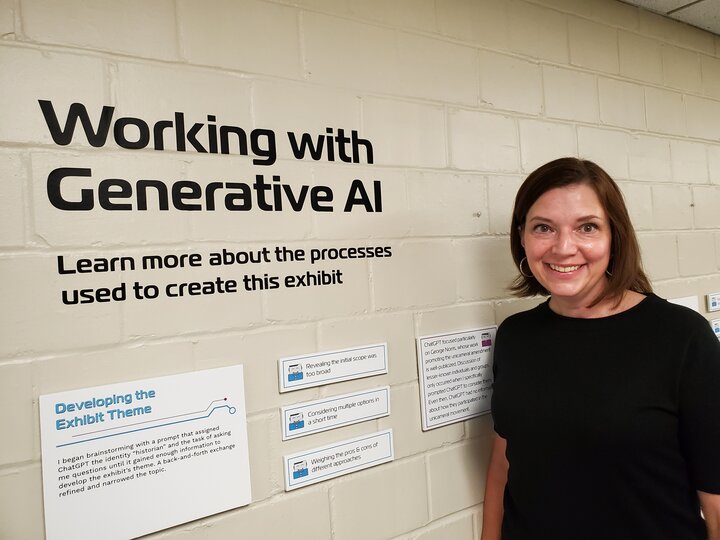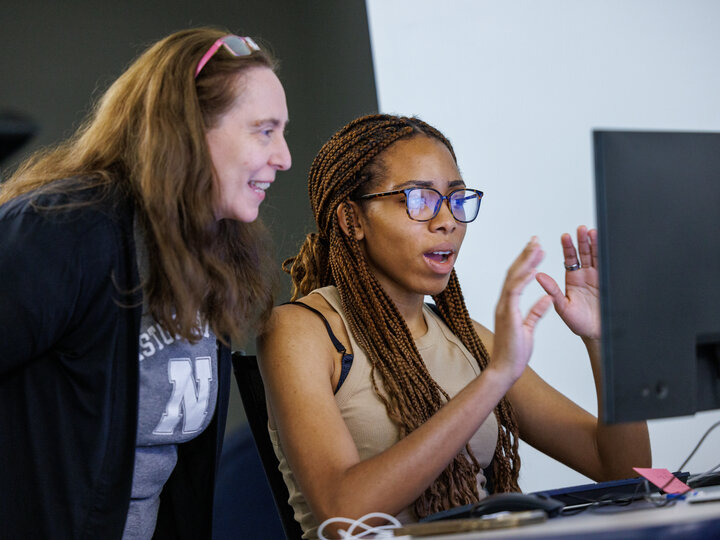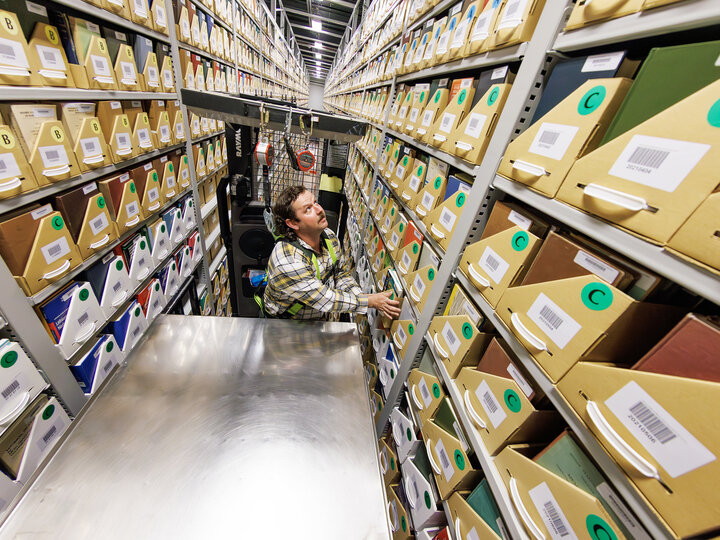Intro
A Nebraska Model for Public Research Libraries, 2024-
We imagine a Nebraska Model for public research libraries.
Our Vision
Public research libraries effect transformational encounters with information so that we can thrive as individuals, communities, and worlds.
Our Mission Statement
Within the University of Nebraska and beyond, the University Libraries teaches students to become critical information users and knowledge creators; partners in research and creative activities; generates, delivers, curates, and preserves information resources; advocates for equitable access to information; and creates diverse and inclusive learning environments.
Our Values
We are a community of experts who champion learning across lifetimes, create and share research, and support community engagement. We engage in these efforts with awareness of our pasts, building on the work of others, and with a deep sense of responsibility to one another, our university, our fellow Nebraskans, global communities, and the earth.
Strategic Aims of the Nebraska Model
Aims
Cultivate Organizational Health
Tend to all aspects of organizational well-being so that we may thrive as individuals and do our best work together.

Align our professional work and responsibilities with relevant United Nations Sustainable Development Goals
Adapt our paradigms, priorities, and activities to develop and steward knowledge systems that balance our commitments to the past, present, and future.

Energize information services and partnerships
Inspire and equip information experts and their partners to pursue learning and research that imagines better futures.

Aims2
Amplify open, accessible, and inclusive knowledge systems
Adopt and develop barrier-free and diverse information resources and infrastructures that celebrate breadths of human experiences and creativity, design new pathways for the widespread flow of information, and increase collective knowledge.

Empower Nebraskans with the highest quality information resources and expertise
Plan and deliver a multifaceted approach to connecting all Nebraskans to best-in-class information and utilize our collective information wealth as a key indicator of quality of life in this state.
